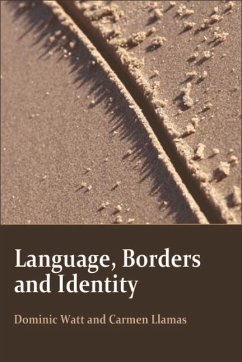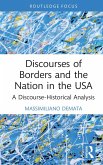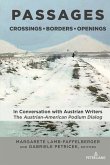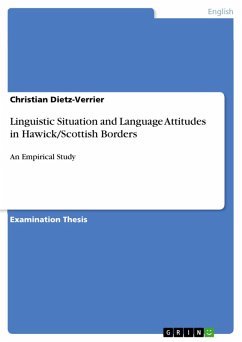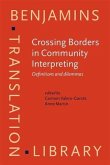This book sets out to encompass a broad, geographically diverse spectrum of border contexts, and to illustrate a representative range of methodological approaches used by researchers in the field. Political borders that divide monoglossic and heteroglossic territories are examined, as are regional and local borders. Symbolic borders, which may for example be encoded in the semiotic manipulation of the linguistic landscape, are also considered. We assess the linguistic implications of the presence of borders of the preceding kinds in applied contexts such as language planning and policy (e.g. for multilingual education; protection of minority languages) and border control (via the chapter on language analysis for the determination of origin, 'LADO'). Each border is unique to itself, making generalisations about how language functions in 'borderlands' difficult to formulate. Casting the net as wide as we intend will, however, equip us to develop and refine models of how language is used to construct borders, and to indicate on which side of a border speakers situate themselves. The dual reactive and proactive functions that language serves in this respect are brought into focus, and the interface and tensions between essentialist and constructionist approaches to identity are explored. The book will place particular emphasis on the last of these topics.
Dieser Download kann aus rechtlichen Gründen nur mit Rechnungsadresse in A, B, BG, CY, CZ, D, DK, EW, E, FIN, F, GR, HR, H, IRL, I, LT, L, LR, M, NL, PL, P, R, S, SLO, SK ausgeliefert werden.

